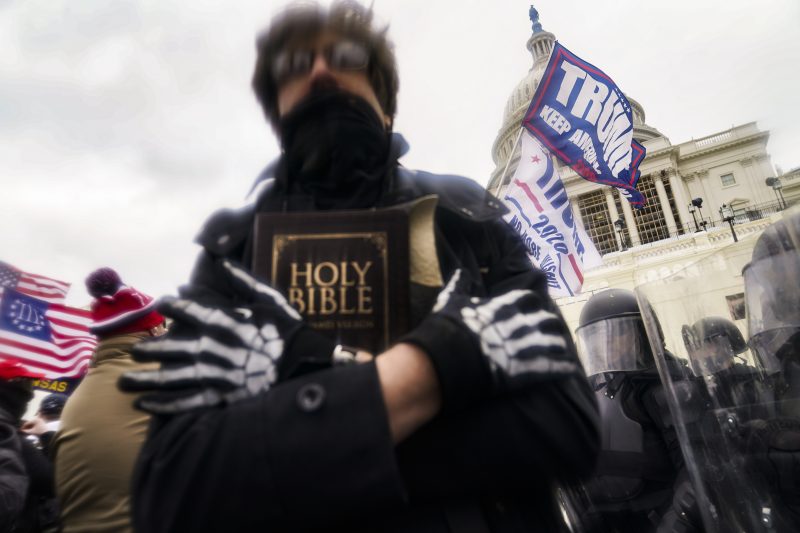In recent times, political commentators and analysts have raised concerns about the subtle yet powerful language used by political figures to convey messages that appeal to certain groups while often avoiding direct confrontation. These types of messages are often referred to as dog whistles, referencing the idea that, like a high-pitched sound only audible to dogs, these messages are coded and targeted at specific audiences.
One prominent figure who has come under scrutiny for his alleged use of dog whistles is former U.S. President Donald Trump. Throughout his time in office, Trump’s speeches and social media posts were analyzed with a critical eye by experts looking for signs of divisive or inflammatory language. Many argue that Trump’s comments often contained hints and suggestions that could be interpreted as encouraging unrest and violence among his supporters.
One example of Trump’s alleged use of dog whistles is his response to the protests that erupted in cities across the United States following the killing of George Floyd. While publicly condemning violence and looting, Trump also used language that some critics interpreted as fanning the flames of division. His tweets calling for law and order and warning that when the looting starts, the shooting starts were seen by many as reckless and potentially incendiary.
Moreover, Trump’s choice of words when referring to certain groups or individuals also raised red flags for those attuned to dog whistles. His repeated attacks on fake news and labeling of journalists as enemy of the people were seen as attempts to undermine the credibility of the media and stir up animosity towards those who disagreed with him. Similarly, his characterization of immigrants as criminals and rapists played into harmful stereotypes and fueled anti-immigrant sentiment among his supporters.
Critics argue that Trump’s dog whistles were not only divisive but also had real-world consequences. The storming of the U.S. Capitol on January 6, 2021, by a mob of Trump supporters has been cited as a direct result of the former president’s rhetoric, with many participants citing his words and actions as motivation for their violent actions. The tragic events of that day serve as a stark reminder of the power and influence of political dog whistles and the need for leaders to choose their words carefully.
In conclusion, the use of dog whistles in political discourse is a complex and contentious issue, with implications that extend far beyond mere words. Leaders like Donald Trump, who wield significant influence over their supporters, must be held accountable for the language they use and the messages they send. By being vigilant and critical of dog whistles, we can work towards a more inclusive and respectful public discourse that promotes unity rather than division.

